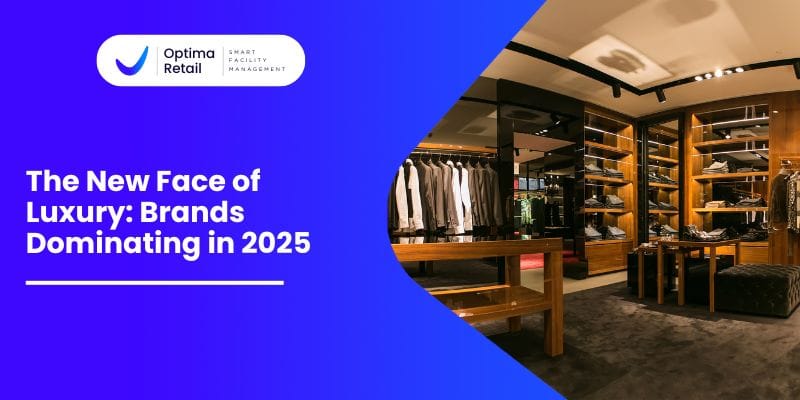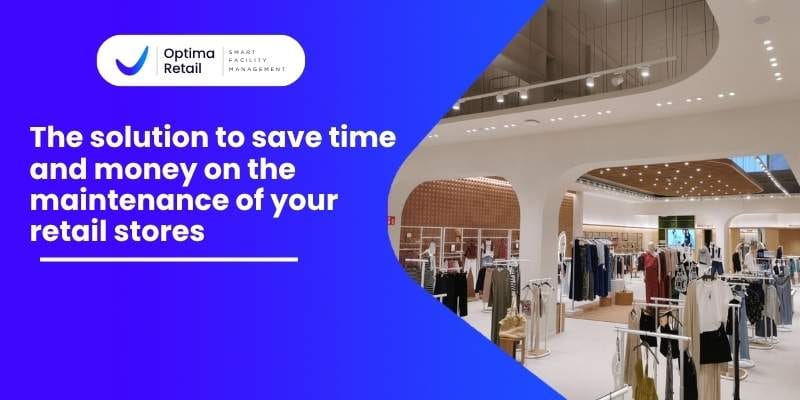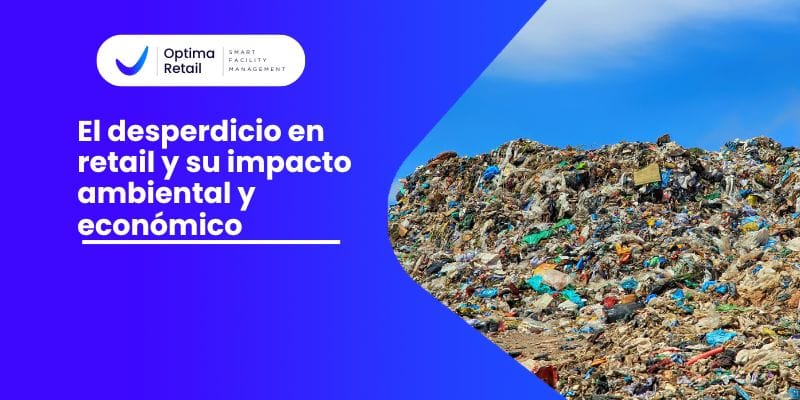In recent years, we’ve heard about the circular economy, but do you have a clear idea of what it is? The circular economy aims to reduce waste by utilizing raw materials and resources. In other words, it emerges to challenge the traditional economic system and proposes a more respectful and conscious model.
Basically, the circular economy presents a paradigm that avoids rapid consumption and disposability through a reality based on recycling and a commitment to an economic future where products and services are valued for their maintenance and reusability.
The mission of the circular economy in retail is sustainability through retail strategies that take into account that products and services can be repaired and returned to their original state, while also offering higher quality and reintegration into the value chain.

The circular economy aims to reuse and give new life to raw materials and products. From post-industrial or post-consumer recycling processes to the sale of refurbished or second-hand products. Let’s keep reading!
what is circular economy
The circular economy is a new model of production and consumption that ensures long-term sustainable growth. Generally, it promotes resource optimization, reduction of raw material consumption, maintenance of goods, waste utilization, recycling, and conversion into new products.
In other words, the circular economy aims to maximize the use of available material resources by extending the life cycle of products. The idea originates from mimicking nature, where everything has value, everything is utilized, and waste is turned into a new resource.
circular economy:the role of retail
The role of retail in the circular economy is increasingly important, given that it represents 30% of the global GDP. Any step towards implementing strategies to achieve more sustainable products and processes significantly contributes to the transformation of current consumer trends.
From collecting used products for subsequent recycling and transformation, to using new raw materials in the construction, design, and maintenance of retail stores, extending the lifecycle reduces waste and its associated impact.

For these reasons, renting or purchasing used products directly leads to a lower environmental impact, even in the case of those not specifically designed for sustainability. The greater the use throughout the lifecycle, the fewer instances are produced and ultimately sent to the landfill.
Examples of international retailers active in this field are becoming increasingly common, with formats and ideas rapidly evolving. An example is Le Tote, which rents coordinated clothing sets tailored to the customer’s style and periodically refreshes them. A suggestion for retailers is to approach these changes with curiosity and creativity, observing emerging styles without being overly influenced by the mainstream.
how to boost circular economy in retail
Retailers are increasingly interested in sustainability and integrating it as part of their business models. It’s not just a project, but a long-term strategy that requires an economic, social, and environmental vision to succeed. This section examines considerations for successfully integrating business models.
Sustainability from the perspective of the business model
In recent years, interest in sustainability has grown across all sectors, with several initiatives underway. This presents a significant opportunity for retailers. A well-developed strategy to ensure economic sustainability in the future can influence many aspects of a company, especially brand perception and associated sales.
business models evolution
According to Loop’s new business model, sustainability will ultimately become a way of doing business, creating a culture and driving market evolution. Furthermore, since all business models will be more sustainable in the future, we’ll need to question the expected role of sustainability in the evolution of business models and develop a roadmap to guide their transformation.

Multi-stakeholder systems
Sustainability is a system involving many actors who must be harmonized and have the capacity and willingness to perform their respective roles. Retail affects both back-office actors and those in the market. The role of the customer/user/end consumer will be crucial for sustainability and circular economy models.
market differentiation around sustainability
When considering sustainability models, it’s necessary to address the differentiation model to be introduced. The mindset shift towards sustainability will steer society towards awareness and sustainable practices, creating differentiation in retail commerce.
how can information technologies contribute?
With the Internet, the Cloud, and now also Artificial Intelligence, software is undergoing a profound transformation that naturally supports the ideas of the Circular Economy in various ways. Regarding stores and even the maintenance of retail stores, the following needs can be mentioned:
software must be fast and open
Capable of adapting to market changes and collaborating with other services, even from other manufacturers and built on different technologies. These paradigms, unknown in IT a few decades ago, form the basis of modern cloud-native software services.
That is to say, it requires close and real-time integration between online and offline, even at night when stores are closed. In sustainable practices like the Circular Economy, which closes the production cycle to maximize the use of natural resources, digital tools play an important role.

Since 2021, many retailers have started implementing more sustainable marketing actions, such as the digitization of promotional catalogs, which have been considered a tangible way to raise awareness. This type of model contributes to reducing industrial waste by up to 80%.
Therefore, professionals in the sector are increasingly investing in digital advertising to communicate with customers, as digital channels are expected to account for 86% of budget allocations this year.
The software must be easily reusable.
Reusable, and data shared within and even outside the chain. This requires a precise decomposition of the software into building blocks designed for cooperation, also called services, avoiding uneconomical and harmful duplications.
Purchasing should be an increasingly informed choice.
Therefore, the software should provide a catalog with the characteristics of each product for sale and direct access to manufacturer information.
This catalog should be available at the Point of Sale, in mobile apps for employees and customers, on traditional kiosks, and anywhere else there is potential contact with interested parties.

TO MAKE EVERYTHING WORK, MAINTENANCE IS THE KEY
Why should you be impatient to have a good maintenance plan?
Because predictive maintenance not only helps you keep your equipment running smoothly, but it also helps you save time and money. Who doesn’t want that, right?
With predictive maintenance, you can monitor the status of your equipment in real-time and anticipate potential failures before they occur. This means less downtime, lower maintenance costs, and more efficient production. It’s like having a superpower for your Retail!
Optima Retail: Experts in Retail Maintenance and Repairs Worldwide – Ensure worry-free support by providing you with a dedicated Facility Manager who will always be your contact.


